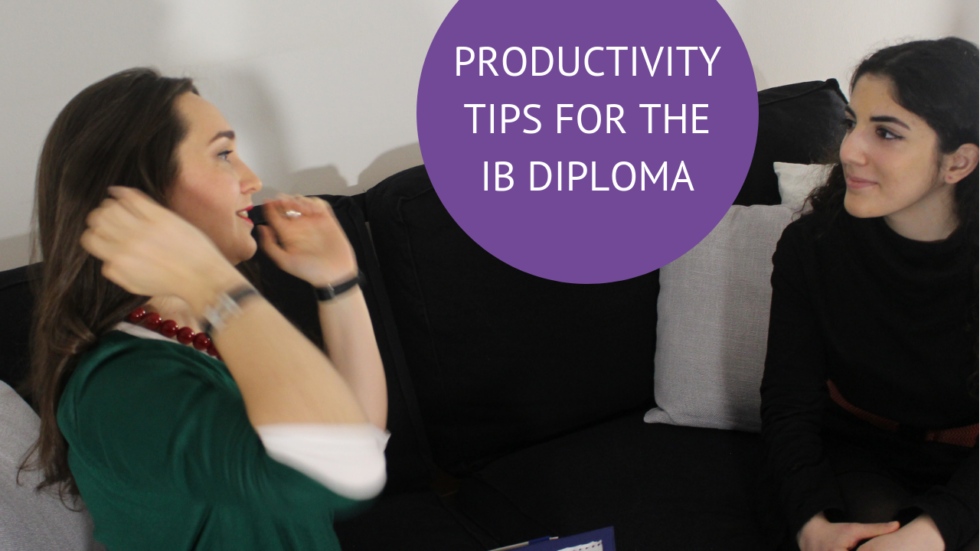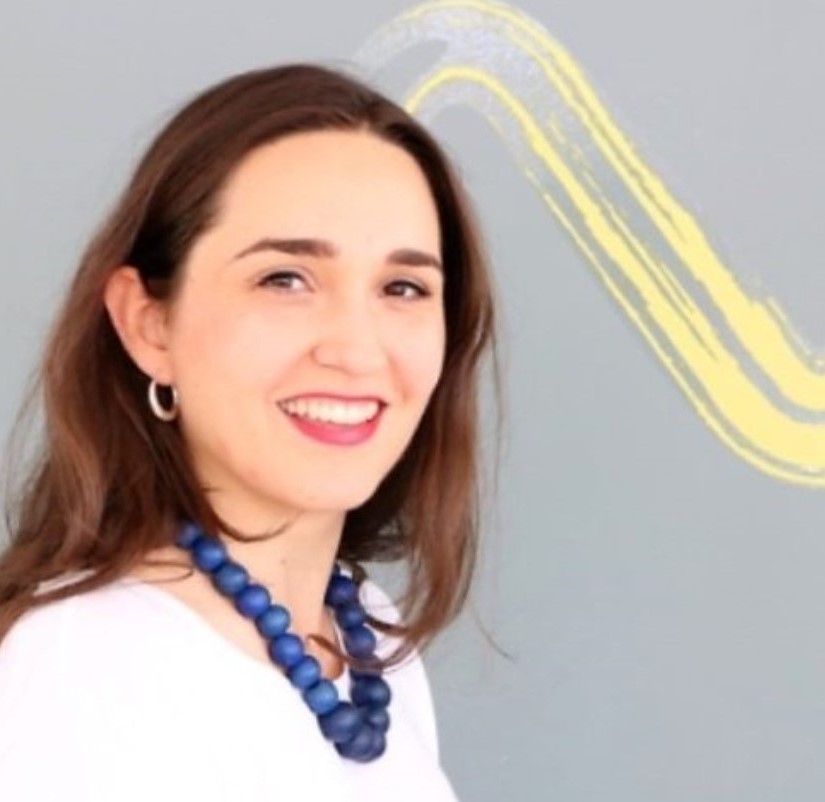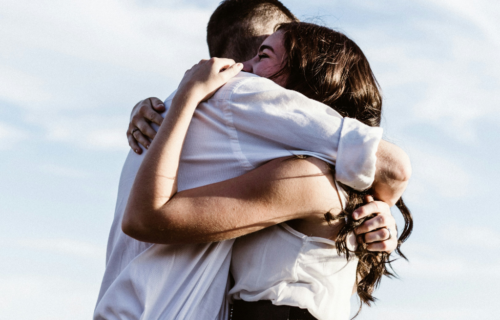
IB Students Study Burnout
VIDEO INTERVIEW: Can IB Diploma students achieve their potential if they’re burnt out? I interview IB alumni, Natalia Hilale, who is currently studying Medicine at the University of Keele. Natalia suffered from burnout as an IB Diploma student, and she has since realized that this made it hard for her to check the quality of her work as she used to do before doing the IB. IB students study burnout is real.
That’s why Natalia wants to raise awareness of this issue and share the top 3 productivity tips she learned that she would like to pass on to current IB Diploma students. She talks about:
- how IB can students tell whether they are suffering from burnout
- how IB students prevent burnout in order to stay more productive
- how building healthy habits help prevent burnout and increase your productive
IB STUDENTS STUDY BURNOUT: NATALIA HILALE'S STORY
IB STUDENT STUDY BURNOUT: HEALTHY WORK-LIFE BALANCE
ELENI VARDAKI: What are the top three tips that you’d share with current IB Diploma students on how to get through the IB? Would you like to talk about your first tip?
NATALIA HILALE: My first tip would be to maintain a healthy work-life balance.
One thing that I learned in medical school is that if I can’t take care of myself, then I’m not a healthy doctor myself. I am not going to be able to take care of my patients. This is something that they keep telling us.
So one of the things is to work and play in an equal way so that you don’t burn out in the end.
One of the things that happened to me in the IB is I sort of studied a bit too much and didn’t take time for myself, and I ended up burning out.
One of the most important things that I found was that taking care of myself made me more productive now in the university, whereas in the IB I didn’t take so much time out for myself, which meant I burnt out.
SLEEP HABITS MATTERS
ELENI VARDAKI: And is there anything else that you wish you knew?
NATALIA HILALE: Yes, so one of the biggest things is sleep.
I used to think that if I didn’t sleep, it would make my day more productive. My day was bigger, so I would have more time to get things done.
But then one day at the university, it actually occurred to me that I should just go to sleep and not push myself so hard and be tired in the end.
The next day when I woke up I was so energetic, and I got all of my things done because I was rested.
I realized that if I had done that in the IB, it would have helped me so much more to go through my work and succeed better by being more rested.
For example, one day when I was handing in an English essay, I was so tired that I didn’t even proofread it. And then my teacher gave it back to me she and asked me to read one of my sentences out loud and it didn’t make sense.
And I would have never done that before, if I wasn’t so tired.
So I realized that as an IB student, that tiredness was getting in the way of me checking the quality of my work.
EATING HABITS AND EXERCISE MATTER
Another important thing I have notice was eating habits.
While I was an IB student, I had really bad eating habits, because I used to wake up so early and I used to have breakfast at like 4 o’clock in the morning, and then eat again at 7 and so on and so forth.
I never took care of what I ate, I just thought that I would just have anything with sugar in it, because that will keep me awake, and I had a lot of coffee as well. That really made me feel bad.
And I realized in the summer that if I take care of myself and I eat better – I eat whole foods that are better for my health and my brain – it would help me succeed and be more productive.
So now, for example, at the university I meal prep. Every Sunday, I make batches for my whole week, so I have it ready.
I take it with to class so I don’t have to go to the canteen in a rush to buy something that’s unhealthy, for example. And this is how I keep track of what I eat.
Also, I try to work out as much as I can to increase the endorphins in my body and also get rid of the stress.
I see a lot of my classmates in the library all of the time eating chips and all of these junk food and eating it while they are studying.
And although everyone has their itch to eat unhealthy when they’re studying, I think it’s really helpful for us to take care of what we we eat. Not eat junk food and not eat unhealthy all of the time.
It’s not as hard as it seems and it’s not as expensive. It’s actually less expensive to eat healthy.
So I meal prep every Sunday, and I take my food with me to class, and this way I make sure that I have a healthy lunch, and I also take care of my budget.
And also for working out, because it can get really busy sometimes and I might not have time to go to the gym, I have an app which is a 7-minute workout, and I can just do a workout in my room anytime that I want whenever I have time.
And I think that has really helped me to be healthier and more productive.
ABOUT THE INTERVIEWER

Eleni Vardaki is an IB alumni who teaches and mentors students doing the IB Diploma, and other challenging high school and university programs. She offer EFT therapy and mentoring programs for students who want support with exam anxiety, panic attacks in tests and exams, and overcoming procrastination.



